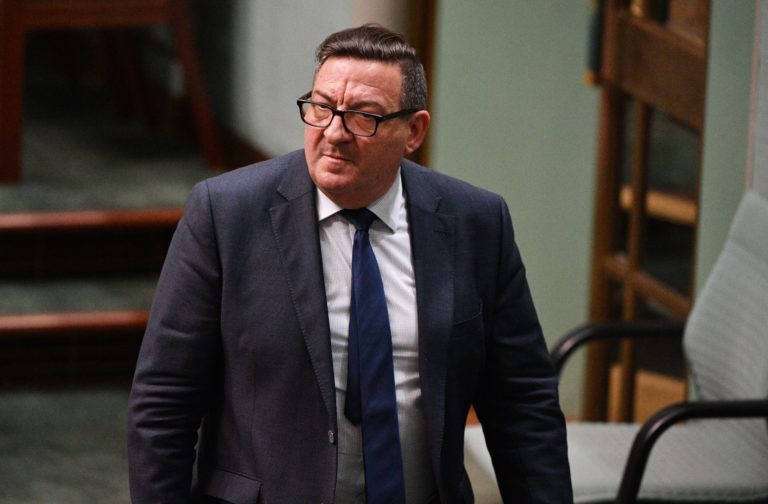For political observers, Tuesday was a turning point for Australia. The vote for the Medical Evacuation Bill, which allows for asylum seekers in detention to be transferred to Australia to receive medical treatment was seen as the first sign that Australia might be softening its border policy, that has been the target of criticism from human rights organisations – not least among them the United Nations Human Rights Commitee, which has urged Australia to end offshore processing. The ratification of the bill was also seen as a defeat for the Coalition government, which became the first government in 90 years to have lost a policy decision on the floor.
“It is a historic event,” Labor MP Steve Georganas says, without seeming to eager to jump on the wagon along with those who see the Medivac bill as a quasi-vote-of-no-confidence.
“This question is one for the government to reflect on,” he says. “I suppose that’s the way it is. The Liberals have been continuously chaotic for a number of years now, they are dysfunctional, and they have been divided for five years.
“The sooner Australians have their say, the better, but regardless of whether the election is in one month or three, we will keep on developing policies for a better Australia and putting them to the Parliament.
“For the Labor and myself, this bill was always about sick people who are within our care, to get the medical treatment they need, while at the same time protecting our borders – that was the main gist of the entire bill. The government must now listen to the advice of doctors – which is normal, anyway.”

Following the ratification of the bill, Prime Minister Scott Morrison gave a press conference in which he assured that Australia’s border policy remains strong as ever and stated that he’s “not going to be lectured by Labor” on this issue.
Steve Georganas refutes this stance as part of a “scare campaign” by the PM. “He can say whatever he likes. This bill doesn’t change anything about our border security. We can be tough on borders without being cruel to sick people who need medical care,” he says, stressing that, if anything “it strengthens our border security. The minister will now be able to deny a transfer, not just on national security grounds, but also on the case of serious criminality – they have the final say.
“The amendment ensures that this legislation only applies to the people who are currently in regional processing; this removes any incentive for others to seek their way here.”
Senator Arthur Sinodinos begs to differ.
“If people are saying that this will not fundamentally make a difference to our border protection regime, why then did they have to pass this legislation?” he says, stressing that “there are extensive medical facilities available in those areas where [asylum seekers] have been located.”
“My concern about this legislation that was passed is that it sends a signal that if you can put sufficient pressure on the Australian government, you can make it easier to bring people to Australia and that is the selling point that the people smugglers will use to entice more people to take the dangerous ways over the ocean to try and come to Australia,” he explains.
“If we depart from having a strong border protection regime, we can lose control of our borders and our immigration policy; that can undermine support in the community for having a generous immigration program and a generous refugee and humanitarian program.”
Asked to comment on the criticism Australia’s border policy has been under, precisely on humanitarian grounds, Senator Sinodinos does not shy away.
“We respect the UN and we work closely with international organisations on migration and the fact of the matter is, as we’ve seen in many countries overseas that have lost control of their borders, [when that happens] the public then reacts in becoming even more inward looking and putting up the shutters. We don’t want to do that.
“We want to continue to be generous in welcoming new migrants and genuine refugees to Australia but we want to do it in a way which is controlled and which does not infringe on our national sovereignty.
“At the end of the day, what is important is that we send the signal that Australia knows how to control its own borders.
“Look at what’s happened in Europe, look at what’s happened in Greece.”









